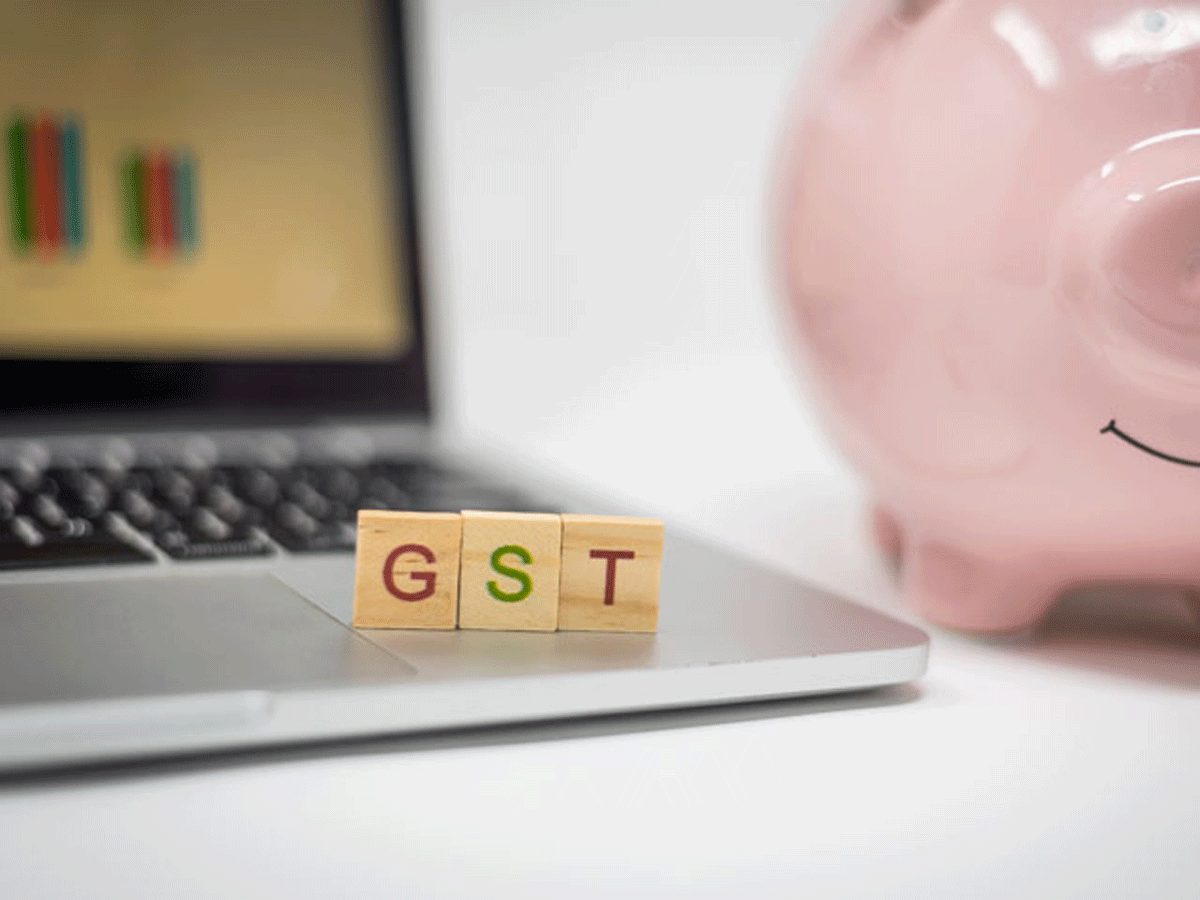NEW DELHI: Ahead of the GST Council meeting, some states have cautioned the government against an immediate increase in GST rates or impose cess on certain luxury items at a time when the economy is in the midst of a slowdown.
The Centre as well as some of the states are in favour of a recast of GST to generate more revenue and provide sufficient cushion. In the absence of sufficient collections through compensation cess, the Centre had withheld payments to the states, which was finally released on Monday. Pending compensation of nearly 36,000 crore was released, the Central Board of Indirect Taxes and Customs said.
The issue had become a major point of friction between the Centre and opposition-ruled states ahead of the GST Council meeting on Wednesday, where the issue of a revamp of the indirect tax regime is likely to be discussed.
Earlier this month, TOI had reported that the GST Council is expected to discuss major restructuring to raise the base slab from 5% to 9-10% while doing away with the 12% rate and moving 243 items in this segment to the 18% brand. The move is expected to increase the tax burden on consumers but may generate nearly Rs 1 lakh crore additional revenue at a time when GST receipts have been sluggish.
“When the economy is passing through a very difficult phase, beset with twin problems namely, sluggish industrial growth due to slack consumer demand and increased inflation specially on the food items, any move by the GST Council to either tinker with the exempted goods and services or increase the general rate or to impose cess on certain luxury items will be highly detrimental and hugely counterproductive,” West Bengal finance minister Amit Mitra said in a letter to Union finance minister Nirmala Sitharaman.
“In my view, we should not in any way tinker with the rate structure or impose any new cess at a time when the industry and the consumers are going through the most distressing times with stagflation knocking at our door (stagnation accompanied by growing inflation),” said Mitra.
The finance minister of a BJP-ruled state indicated that a decision may not be taken at Wednesday’s meeting and suggested that the issue needed to be discussed in detail as a change in the lowest band will impact prices of daily-use consumer goods.
The GST Council is, however, expected to take steps to address concerns linked to the inverted duty structure where the levy on the final product is less than the GST charged on inputs and raw material. One of the options is to limit to the amount of tax credit paid for inputs. While the government has cleared the compensation bill, officials at the Centre and the states said that it may not be possible to clear the entire year’s dues given that the kitty was not getting sufficient resources. “There may be a problem in the coming months,” said a state finance minister.
The law allows the Centre to pay compensation to states that are unable to see a 14% annual growth in GST collections through the levy of cess on luxury and sin goods such as tobacco, high-end cars and soft drinks. Officials said a mere increase in compensation cess may not solve the problem as a series of GST cuts had left an over Rs 2 lakh crore hole and yet the Centre had to cough up compensation at a pre-determined formula.
While the Centre has placated the states by releasing the dues, opposition-ruled states are expected to raise the issue with full force citing the fiscal stress in their books. Some states say that they are being forced to go in for market borrowings which is raising their debt burden. The opposition-ruled states are claiming that the pending dues on account of compensation cess is close to Rs 50,000 crore.
Published On : 17-12-2019
Source : Economic Times

